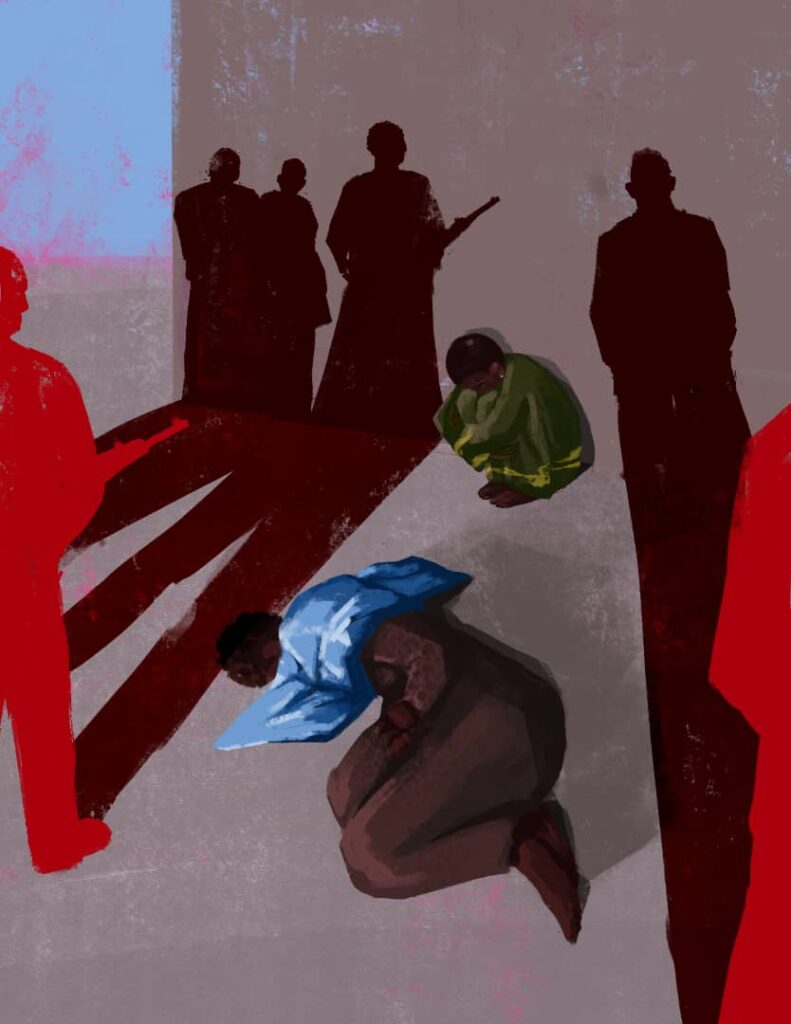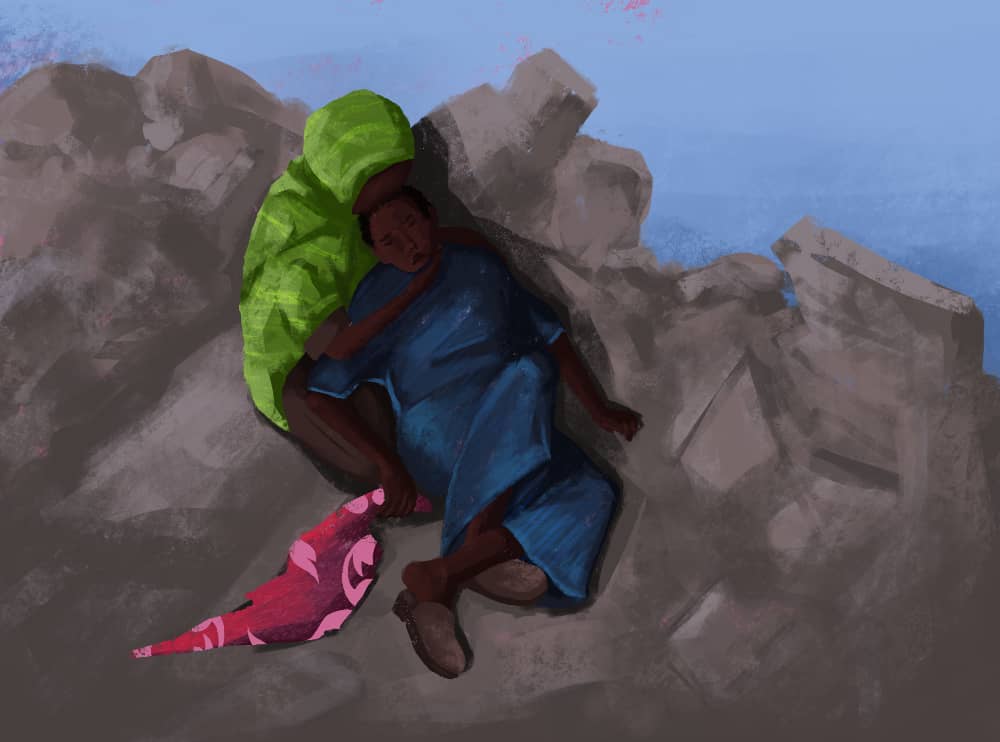…As conflict rages in Darfur, a wave of brutal, systematic sexual violence is devastating women and girls, many too afraid to seek help, others too young to understand what happened to them.
By Bunmi Yekini

In the heart of Sudan’s Darfur region and across the border in eastern Chad, a harrowing crisis is unfolding, one of mass sexual violence inflicted with chilling regularity and impunity. Women, girls, and even children as young as five are living in near-constant fear, attacked not just in remote corners but in their homes, fields, roadsides, and refugee camps.
“Women and girls do not feel safe anywhere,” said Claire San Filippo, emergency coordinator with Médecins Sans Frontières (MSF). “They are attacked in their own homes, when fleeing violence, getting food, collecting firewood, working in the fields. They tell us they feel trapped.”
MSF’s latest findings expose the horror with shocking clarity. Between January 2024 and March 2025, 659 survivors, were treated in South Darfur alone, 86% had been raped, and 94% were women and girls. More than half of the assaults were carried out by military personnel or armed groups, with some survivors facing additional beatings and mutilation.
One survivor in West Darfur, a 27-year-old woman, described the night she and other women were left vulnerable while their male relatives hid in locked rooms. “The men were hiding in toilets or in some rooms they could close… The women didn’t hide because it was just beating and rape for us, but the men would get killed.”
This violence is not isolated to the heat of battle. It now haunts the very fabric of survival, foraging, working in the fields, even staying home offers no protection. The fear of death for men, and the inevitability of rape for women, has normalized terror as daily life.

One particularly heart-wrenching account came from a 17-year-old girl:
“We saw a group of three women with RSF [Rapid Support Forces] men… They told us, ‘You are the wives of the Sudanese army.’ Then they beat us and raped us right there on the road, in public. There were nine RSF men. Seven of them raped me. I wanted to lose my memory after that.”
In eastern Chad, where over 800,000 Sudanese refugees now reside, children are among the most affected. In Adre, nearly half of the 44 survivors treated by MSF since January 2025 were children. In Wadi Fira Province, 81 of 94 survivors were under 18.
A man in Murnei, West Darfur recounted the ordeal of a young girl:
“Three months ago, a little girl of 13 was raped by three men… They caught her, raped her, then abandoned her in the valley.”
In some cases, the violence is targeted, motivated by suspicion, political allegiances, or profession. One woman shared how her first aid nursing certificate marked her as an enemy. “They told me, ‘You want to heal the Sudanese army, you want to cure the enemy!’ Then they burnt my certificate, and they took me away to rape me.”

And yet, despite the trauma, many survivors remain silent, burdened by fear of stigma, retaliation, and cultural shame. “I cannot say anything to the community because it will be a shame for my family,” said another 27-year-old survivor in eastern Chad. “I’m only asking for medical help now. I was too afraid to go to the hospital.”
MSF is working to meet this crisis with care and dignity. In South Darfur, a new community-based model launched in late 2024 has already increased the number of women and adolescents seeking care. Local midwives and health workers are now trained to provide emergency contraceptives and psychological first aid, a crucial step toward recovery.
Still, the numbers are sobering. In Tawila, North Darfur, 48 survivors have sought help since January, most since fresh attacks began on the Zamzam camp in April.
Ruth Kauffman, MSF’s emergency medical manager, stressed the urgent need for comprehensive support:
“Access to services for survivors of sexual violence is lacking and, like most humanitarian and healthcare services in Sudan, must urgently be scaled up… Care must be tailored from the outset to mitigate the many overwhelming barriers survivors face.”
This epidemic of rape and abuse is not just a by-product of war. It is a deliberate weapon, an assault on dignity, humanity, and the future of a people. It demands a response not only of compassion but of accountability.
“This must stop,” San Filippo insisted. “Sexual violence is not a natural or inevitable consequence of war… it can constitute a war crime, a form of torture, and a crime against humanity.”
Until the world takes meaningful action, the women and girls of Darfur will continue to suffer, often in silence, always in fear.
